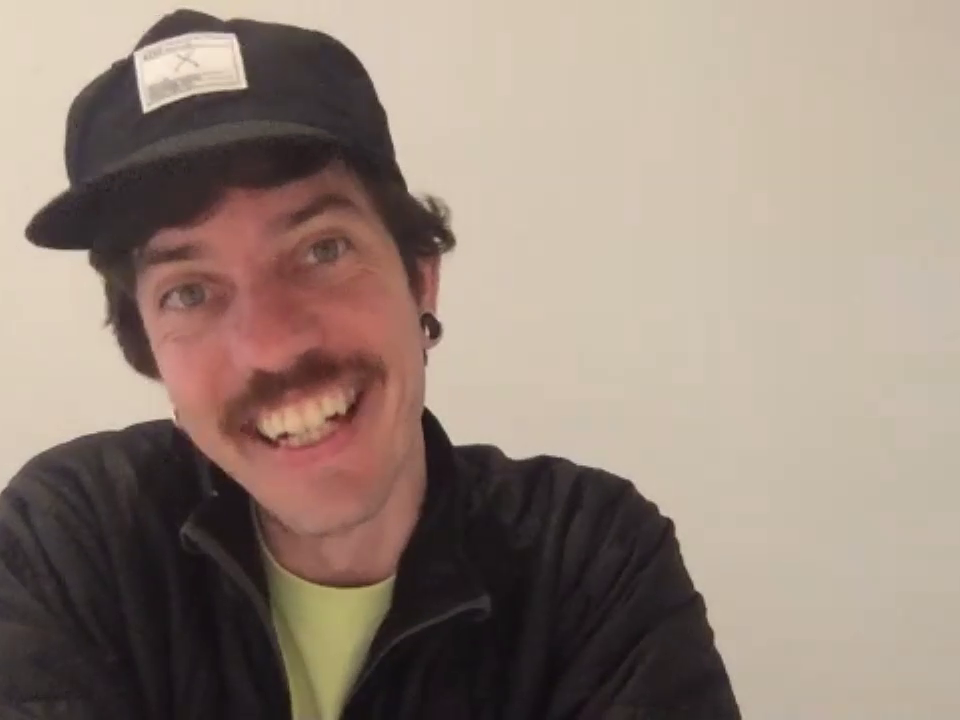

I find that as I read more, I decide that I should read more. I keep my Kindle out, I read while rocking my baby girl to sleep, and soon, I’ll read longer books too. If my key metric is the number of books read, I can find plenty of books that are powerful and short.

This year, I found a simple hack to reach my goal: read short books. (Honestly, how foolish would you feel if you flossed two teeth and decided to stop?) 9 (Short) Books to ReadĮvery year I give myself a reading goal, which usually averages a book a week. Once you start, you will find that you learn more than one new word, write more than two paragraphs, or floss more than two teeth. Meeting easy goals like these builds confidence and, most importantly, creates momentum. If you want to floss more, start by flossing between your two front teeth every day (per Tim’s advice) - that’s it.
 If you want to write a book, your goal is to write two paragraphs a day (no matter how crappy they are). If you want to learn a language, your goal is to learn one new word a day. Rather, the goal starts you on the path to reach that aspirational final product.Īchievable goals might look something like this: The point isn’t that the goal itself is the amazing outcome you want (like learning a language or writing a book). How could you ever reach your goal with so far to go?Īs Lao Tzu says, “A journey of a thousand miles begins with a single step.” You can do the same with your goals.įind shortcuts to reach your goals, or set goals that are laughably easy. If you are trying to learn a language or write a book, learning that first word or staring at that first blank page feels like an exercise in futility. When a goal seems too big and intimidating, we don’t start on it. Unfortunately, goals can stop us from taking action. We set goals to keep us focused, improve our output, and inspire us to be better people. Goals should inspire outcomes, not impede progress.
If you want to write a book, your goal is to write two paragraphs a day (no matter how crappy they are). If you want to learn a language, your goal is to learn one new word a day. Rather, the goal starts you on the path to reach that aspirational final product.Īchievable goals might look something like this: The point isn’t that the goal itself is the amazing outcome you want (like learning a language or writing a book). How could you ever reach your goal with so far to go?Īs Lao Tzu says, “A journey of a thousand miles begins with a single step.” You can do the same with your goals.įind shortcuts to reach your goals, or set goals that are laughably easy. If you are trying to learn a language or write a book, learning that first word or staring at that first blank page feels like an exercise in futility. When a goal seems too big and intimidating, we don’t start on it. Unfortunately, goals can stop us from taking action. We set goals to keep us focused, improve our output, and inspire us to be better people. Goals should inspire outcomes, not impede progress.







 0 kommentar(er)
0 kommentar(er)
